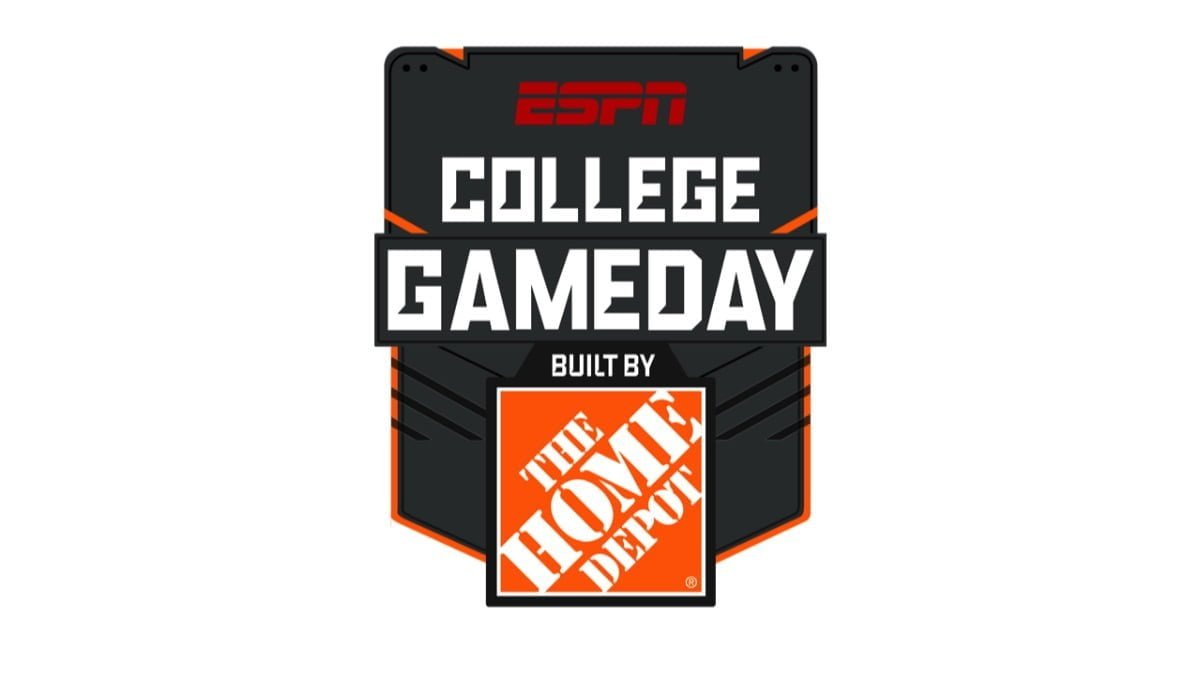It was a college football weekend to remember as the 2021 season nears its completion with the playing of the Goodyear Cotton Bowl Classic in Arlington, Texas and the Capital One Orange Bowl in Miami. Neither game was particularly close in terms of the final score, as defending national champion Alabama pummeled Cincinnati 27-6 in the Cotton Bowl, while Georgia similarly crushed Michigan 34-11 in the Orange Bowl, making for an intriguing rematch (the two teams met in the 2018 Championship Game) to close out the college football season.
ESPN’s signature program College GameDay was woven throughout Friday’s action, broadcasting live from outside Hard Rock Stadium in Miam. The show, which was also broadcast on the SEC Network, was hosted by Rece Davis, and featured college football analysts Lee Corso, Kirk Herbstreit, Desmond Howard and David Pollack breaking down each matchup and making their predictions as to who would win. The show’s production and advertising have markedly changed since its launch in 1987 with Tim Brando, Beano Cook and Lee Corso, the latter of which is still on the air today.
“GameDay was maybe a 90-minute show,” said Howard, who has been on the program since he joined ESPN in 2005. “Now, we have a three-hour show. It’s changed dramatically from a sponsorship deal and to the extent to which we cover college football. You have more hours to fill [and] more time to fill.”
David Pollack joined College GameDay in 2011 amid the extension of the show’s air-time with the first hour airing on ESPNU and its addition of Erin Andrews to the panel of analysts. As a three-time All-American defensive end at the University of Georgia, Pollack frequently watched GameDay and has been thrilled to be a part of it as an analyst since he made his debut.
“I watched it over the years since I was in college, and [have] seen it evolve and grow bigger and bigger and bigger,” said Pollack. “The audience and the following [have] grown bigger, [and] to be a part of it has been really cool.”
College GameDay started doing broadcasts live from college campuses in 1993, with a multitude of fans congregating around the set to express their zeal towards their team and to be seen on national television. Since the onset of the COVID-19 pandemic though, protocols to ensure the health and safety of all parties involved have prevented some of the prior congregation and interaction between fans and commentators from taking place.
“Before COVID, we would have fans come up and take pictures after the show was over,” explained Howard. “We had sponsors too, [and] we would have a tent where we would sign autographs. That has pretty much been eliminated because of COVID.”
Pollack added that there is no longer VIP access available backstage, and that anyone going on the set has to be fully vaccinated against COVID-19, consistent with restrictions that have been implemented across several U.S. cities, including New York City and San Francisco.
Following a two-year stretch of empty stadiums and/or restricted capacities, along with stringent protocols, a feeling of pandemic fatigue has become prevalent around the world. Undoubtedly, a sign of progress in reaching an ostensible new normal comes in seeing industries like sports media adapt to continue producing stellar content across multiple platforms to be consumed by its audience. For the commentators on College GameDay, bringing viewers coverage from bowl games and championships is something they are genuinely excited to keep doing as the world looks to cease the pandemic and transition into a new lifestyle.
Derek Futterman is an associate editor and sports media reporter for Barrett Media. Additionally, he has worked in a broad array of roles in multimedia production – including on live game broadcasts and audiovisual platforms – and in digital content development and management. He previously interned for Paramount within Showtime Networks, wrote for the Long Island Herald and served as lead sports producer at NY2C. To get in touch, email Derek@BarrettMedia.com or find him on X @derekfutterman.









